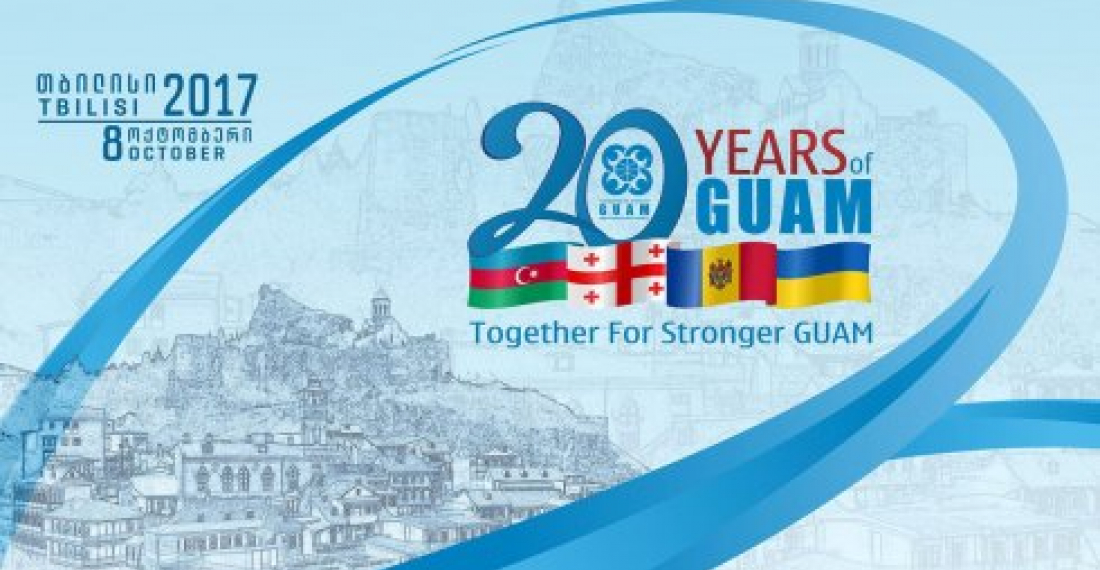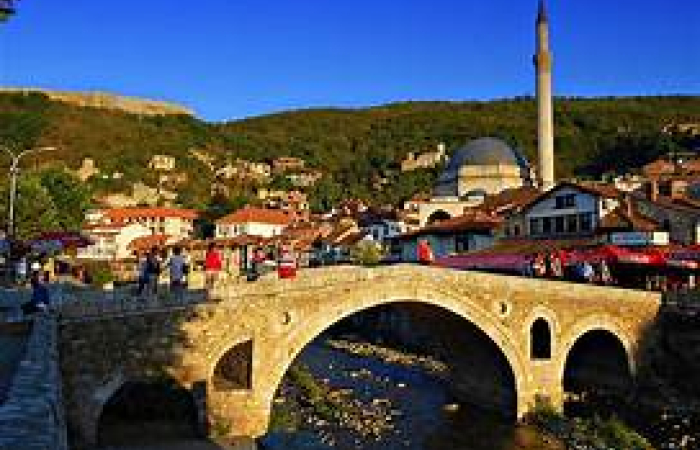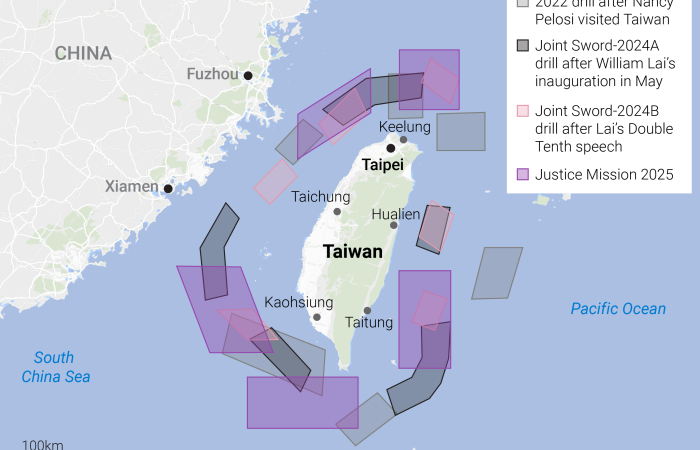Этот комментарий подготовлен политическим редактором commonspace.eu
Политическая структура, объединяющая Грузию, Украину, Азербайджан и Молдову - ГУАМ отмечает в этом году 20-летний юбилей. В воскресенье (8 октября), в Тбилиси, ожидается встреча министров иностранных дел четырех стран для празднования этого юбилея.
Пока еще не совсем ясно оправдал ли ГУАМ себя как полезной или же является бесполезной организацией. Во всех взлетах и падениях последних двух десятилетий четыре страны ГУАМ проводили внешнюю и оборонную политику, независимую от Москвы, и это отличало их от других бывших советских республик, которые в целом поддержали повестку дня Москвы. Во многих отношениях это отличие все еще остается, хотя каждая страна имеет свой нюансный подход.
Четыре страны теперь также объединяют проблемы отколовшихся территорий. Украина, которая вначале не имела таких проблем, в последние годы столкнулась не только с попытками отделения некоторых территорий, но и с прямой аннексией России одного из ее регионов - Крыма. Поэтому четырем странам пришлось активизировать свое сотрудничество в рамках форумов, таких как Организация Объединенных Наций.
Однако, по многим другим вопросам страны ГУАМ следуют разным траекториям. Три из них теперь имеют Соглашения об ассоциации с ЕС, в то время как Азербайджан отверг этот подход и в настоящее время ведет переговоры об отдельном "стратегическом соглашении", в котором неизбежно будут отсутствовать многие элементы оригинального Соглашения об ассоциации. Украина и Грузия активно стремятся к членству в НАТО и ГУАМ в этом плане предоставил некоторые возможности для расширения сотрудничества с НАТО для всех четырех стран. Но в Молдове и в большей или меньшей степени в других трех странах набирают силу дебаты касательно внешнеполитической ориентации. Таким образом, сотрудничество в рамках ГУАМ было скромным, и организация с ее крошечным секретариатом и специальными соглашениями очень ограничена тем, чего она может достичь.
Однако, несмотря на это, ГУАМ остается полезной. Организация позволяет сотрудничать бывшим советским республикам без властного присутствия России. Несмотря на то, что с момента распада Советского Союза прошло более 25 лет, все четыре страны по-прежнему несут багаж этого опыта, даже если теперь уже предпочитают забывать об этом. ГУАМ позволяет им делиться общим опытом. Но сейчас уже настало время, чтобы организация заверила себя, открыла свои структуры, углубилась в те сферы, от которых она уклонялась, и начать вовлекать в свою деятельность гораздо больше людей. И ЕС, и НАТО могут помочь ГУАМ осуществить этот переход, и они должны помочь. Таким образом, ГУАМ может действительно способствовать консолидации независимости четырех стран, а также будущему процветанию и благополучию своих граждан.
источник: Этот комментарий подготовлен политическим редактором commonspace.eu






